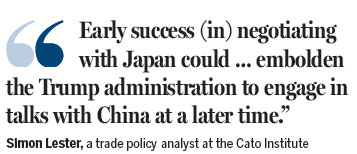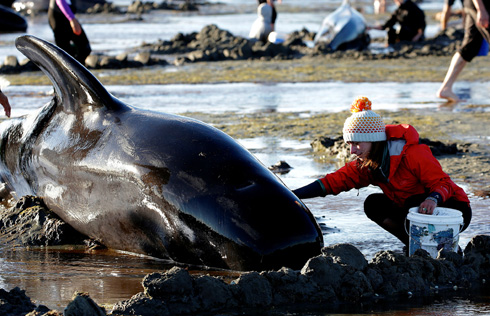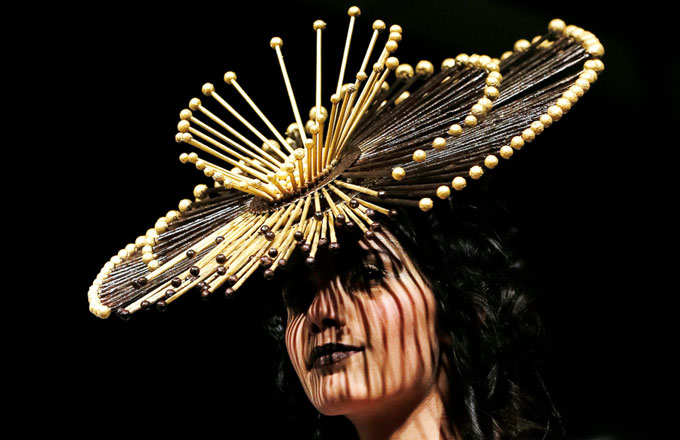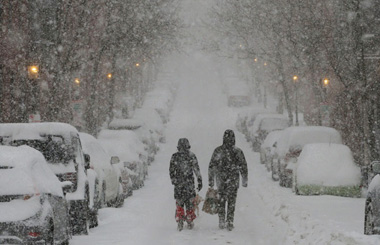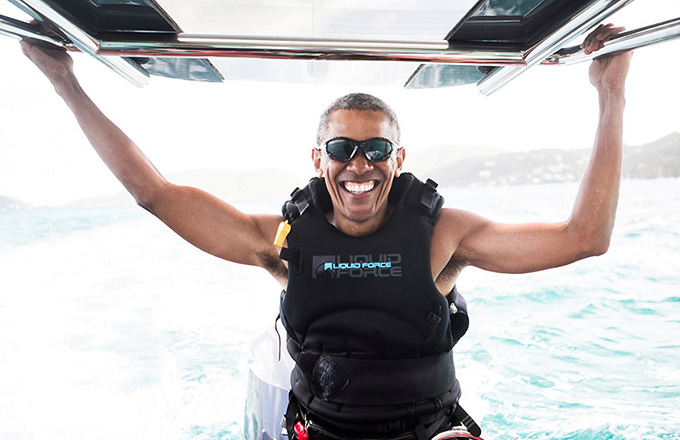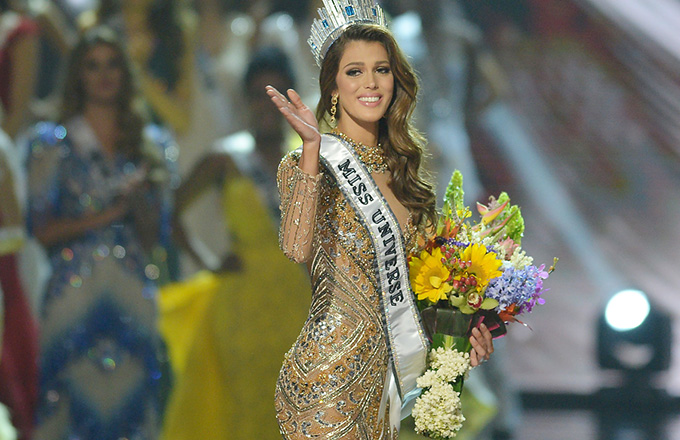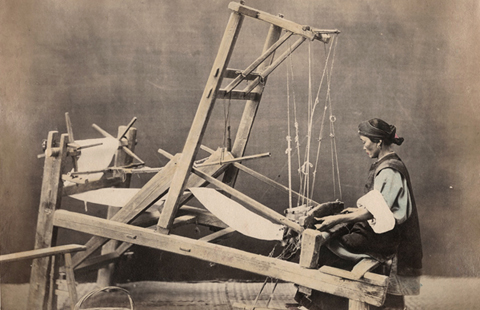Abe is going to Washington with a plan
Japan's prime minister hopes to sell Trump on growth and jobs initiative
Japanese Prime Minister Shinzo Abe is going into his summit with US President Donald Trump with a plan.
For their meeting on Friday in Washington, Abe is bringing a proposal called the "Japan-US growth and employment initiative".
Abe, the first world leader to meet Trump after the US president's election victory on Nov 8, will lay out a plan for cooperation in infrastructure, robotics and other fields that would generate jobs and create new markets in the US, according to Japanese media reports.
But the visit has more political than economic implications, since both sides will try to strengthen the Japan-US alliance, according to Zhang Jifeng, director of the Japanese economy department at the Chinese Academy of Social Sciences' Institute of Japan Studies.
Economically, Zhang said, Trump will push to redress the trade imbalance, but it is not realistic for Abe to make big concessions because he needs to ensure a firm political foundation at home to remain in office.
Japan logged about a $60 billion annual trade surplus with the US. Its largest exporter, the auto industry, has been singled out by Trump for criticism. Meanwhile, Japan is on guard against US agricultural exports, according to Zhang.
Su Xiaohui, an international strategy researcher at the China Institute of International Studies, said she believed that Abe's chief goal in the visit is to build closer personal ties to facilitate further communication.
Last weekend, US Defense Secretary James Mattis claimed that the Diaoyu Islands, an inherent part of the Chinese territory, fell under Article 5 of the US-Japan security treaty, a statement sparking criticism from China.
China's Foreign Ministry spokesman Lu Kang said that the US-Japan treaty was a product of the Cold War and must not harm China's territorial sovereignty and legitimate rights.
Brad Glosserman, an expert on Japan at the Center for Strategic and International Studies' Pacific Forum in Hawaii, said Abe would want Trump to affirm the solidity of the US commitment.
That will give the US president leverage for more trade and economic concessions from Abe, according to Yang Bojiang, deputy director of the Institute of Japan Studies.
"Abe will give an omiyage (gift) of substantial Japanese investment projects in the US. That will allow the president to claim he is creating jobs and fixing an unfair trade relationship," Glosserman said.
"Early success (in) negotiating with Japan could ... embolden the Trump administration to engage in talks with China at a later time," said Simon Lester, a trade policy analyst at the Cato Institute's Herbert A. Stiefel Center for Trade Policy Studies. "They may feel that a successful Japan-US trade agreement gives them more leverage over China."
Contact the writers at [email protected] and [email protected]
